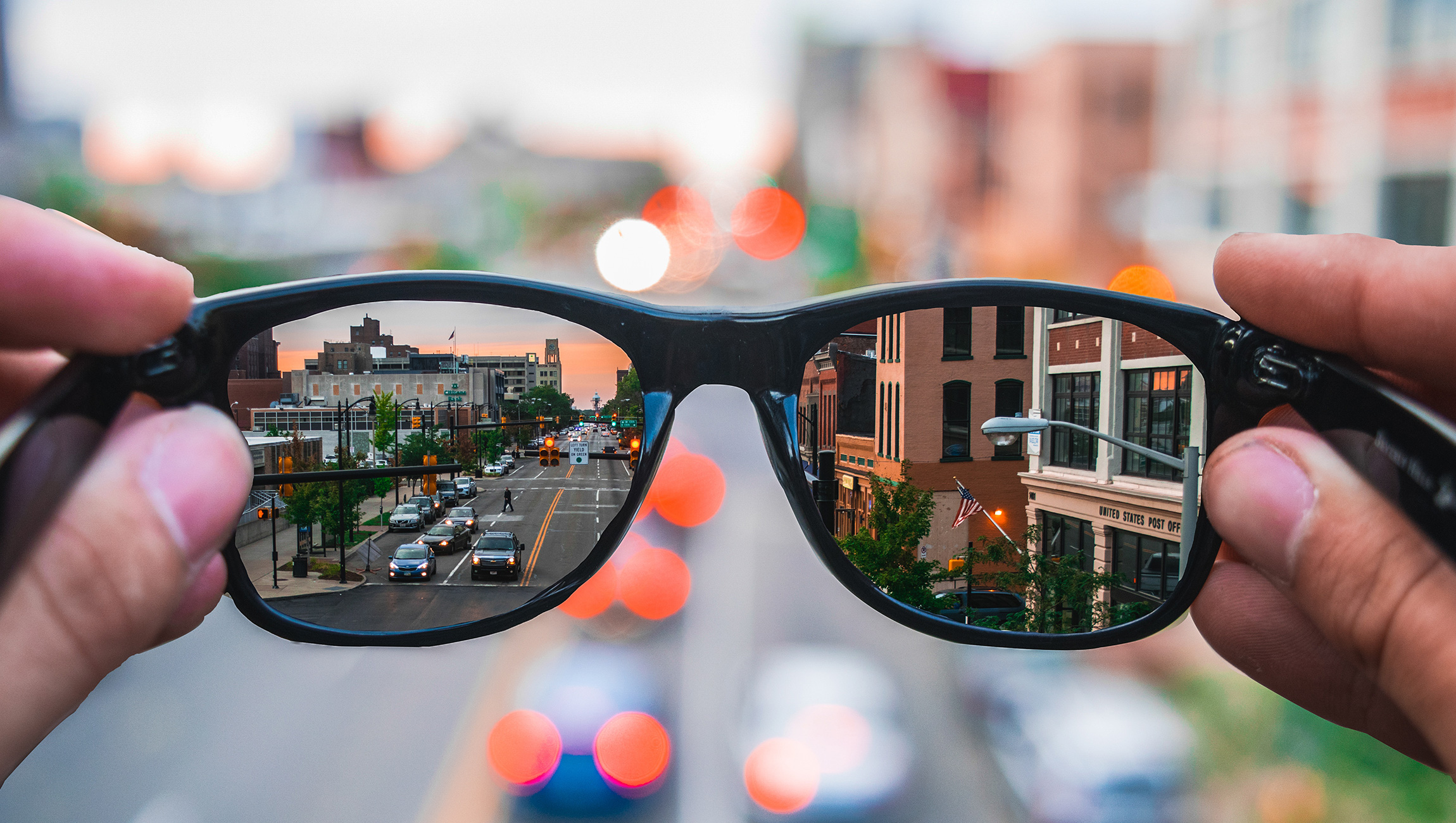Amazon Maintains the Title of World’s Most Valuable Global Retail Brand Increasing Its Brand Value +91% to $315.5 Billion
Innovative use of technology such as artificial intelligence and data analytics has helped e-commerce deliver numerous human benefits, fuelling a 33% growth in brand value for the most powerful players in retail WPP and Kantar unveiled today.
The second annual BrandZ Top 75 Most Valuable Global Retail Brands ranking and report – looking at luxury, apparel, retail and fast-food outlets – revealed the world’s most valuable retail brands are worth $339 billion more this year than last, a total of US$1.4 trillion.
BrandZ is the only brand valuation ranking that combines analysis of retailers’ financial performance with the opinions of millions of consumers surveyed in more than 50 markets around the world.
The world’s most valuable retail brand, Amazon ($315.5 billion), accounts for nearly a quarter (23%) of the total brand value of the Top 75. Amazon is a major international influence on shopping and continually finds ways to improve the shopping experience for new and existing customers.
However, Amazon is not the only game in town. Chinese e-commerce giant Alibaba, the world’s largest online and mobile commerce business, arguably has more innovations than Amazon such as partnering with Starbucks (no.7) to have Starbucks in all Alibaba properties, and disrupting its logistics model to better facilitate super-fast delivery. Its brand value increased by +48% to $131.2 billion putting it ahead of McDonald’s (no.3).
Marketing Technology News: Only 30% of Midsized Call Centers Are Confident in Ability to Meet Customer Needs
David Roth, CEO of The Store WPP EMEA and Asia and Chairman of BrandZ, said: “We are entering the third era of digital retail as human rhythms meet algorithms enabling retailing to be much more digital but appear more human. This year’s rankings also signal the increasing importance of Chinese retailers in online and mobile commerce indicated by Alibaba’s rise to the number two position. It is at the cutting edge of where ecommerce, mobile and physical retail intersect with the consumer.”
Some online providers such as German fashion platform Zalando (no.62), a new entrant to the ranking, also made amazing growth strides as a result of an intent focus on service.
While ecommerce is a key success driver, providing a great customer experience in store is also an important part of the complex retail puzzle. Nike (no.5), and Nordstrom (no.63) are among a host of retail brands launching experiential stores designed to provide closeness to their brands and a more personalized interaction with expert staff. Discount supermarket ALDI (no.19), is shifting its highly standardized store formats towards models, including catering to the ‘commuter on the go’, that offer greater flexibility for the customer and better fulfil their shopping trip mission.
Graham Staplehurst, Global Strategy Director for BrandZ at Kantar, said: “What the e-commerce players have capitalized on so successfully is the importance of the human touch to online retail. Access to unprecedented computing power and near limitless data as well as artificial intelligence and visual and voice technology interfaces gives retailers and brands the ability to absorb and process vast amounts of information but in a way that puts the shopping experience firmly back in the human domain.”
The BrandZ Top 10 Most Valuable Retail Brands 2019
|
Rank 2019 |
Brand |
Brand value 2019 ($bn) |
Category |
Rank 2018 |
|
1 |
Amazon |
315.5 |
Retail |
1 |
|
2 |
Alibaba |
131.2 |
Retail |
3 |
|
3 |
McDonald’s |
130.4 |
Fast Food |
2 |
|
4 |
The Home Depot |
53.5 |
Retail |
5 |
|
5 |
Nike |
47.4 |
Apparel |
7 |
|
6 |
Louis Vuitton |
47.2 |
Luxury |
6 |
|
7 |
Starbucks |
45.9 |
Fast Food |
4 |
|
8 |
Chanel[1] |
37.0 |
Luxury |
N/A |
|
9 |
Walmart |
36.8 |
Retail |
8 |
|
10 |
Hermès |
31.0 |
Luxury |
9 |
Marketing Technology News: Edison Partners Growth Index Reveals 7 Traits of Fast-Growth Tech Companies
Key trends highlighted in this year’s BrandZ Retail ranking include:
- McDonald’s continues to dominate fast-food – Despite slipping into third place in the retail ranking this year, having been overtaken by Alibaba, this global foodservice retailer is still the most valuable fast food brand in the world. It has successfully tapped into the growing demand for healthier food and packaging that’s better for the planet. Improving its delivery business, which includes a partnership Uber Eats, also helped the latter grow by +18% with a brand value of $130.4 billion.
- Athleisure trend gives Lululemon fastest riser boost while Nike retains top spot in Apparel – Innovative new fabrics and designs that double as sports and leisurewear has boosted Lululemon by +94%. It is now no.35 in the ranking with a brand value of $6.9 billion. Nike is the most valuable apparel brand (no.5 in the retail ranking) worth $47.4 billion while Adidas (no.20) also grew +13% to $13.4 billion.
- Levi’s enters the ranking – The legendary denim brand enters the retail ranking ahead of its IPO this year. After years of women choosing yoga pants over denim, Levi’s refocused positioning with women in the last few years which has led to strong growth in new markets including Italy and China. Levi’s brand value is $2.4 billion and enters at no.74.
- Democratisation of luxury fashion results in the second fastest growth category – Luxury brands are becoming more relatable and responsible. Over the past five years, the 10 most valuable have improved their perceived social and environmental responsibility and idealism while strengthening their online experience. New business models for resale or rental of luxury items are adding an interesting touch of competition to the sector for the traditional heritage luxury brands. However, some of the main players have achieved substantial growth. Gucci (no. 11) for example has undergone a radical creative makeover, driven by a new Creative Director, boosting creativity and desire for the brand, particularly amongst Chinese millennials.
- Brand equity is still important to retailers focusing on price – Amazon, IKEA (no.15) and ALDI (no.19) all continue to grow their brand values in 2019 with their low-price propositions through building a strong brand and offering a great experience. Other retail brands – such as Adidas, Hermès and Lowe’s justify their price premium with strong equity and continue to grow their brand value.
- Consumer consciousness about the environmental cost of fast fashion impacts retailers – Zara (-10% to $22.6 billion) and H&M (-39% to $6.4 billion) were impacted by rising concern about the cost of producing, transporting and selling disposable products.
- Specialist retail brands join the ranking – Among the nine new entrants to this year’s ranking were some remarkably highly differentiated and purposeful brands including outdoor sports brand The North Face (no.66) and Indian jeweller Tanishq (no.72).
Ian McGarrigle, Chairman of the World Retail Congress, said: “In today’s era of high velocity retail, shoppers don’t care about channels, they care about connections, choice, convenience and speed of delivery. In a world where ‘good’ is no longer enough and being ‘average’ is punished hard, retailers are recognising that change it needed. The shopping experience is a key differentiator for brands and retailers whether they have a premium or low price-based offer. The BrandZ Retail ranking and report shine a light on the retailers that are excelling, offering consumers products that truly matter, and those that are at risk.”
Marketing Technology News: The Measurement Advantage: Marketing Leaders Are Four Times As Likely As Laggards To Exceed Business Goals, Grow Revenue, And Gain Market Share











